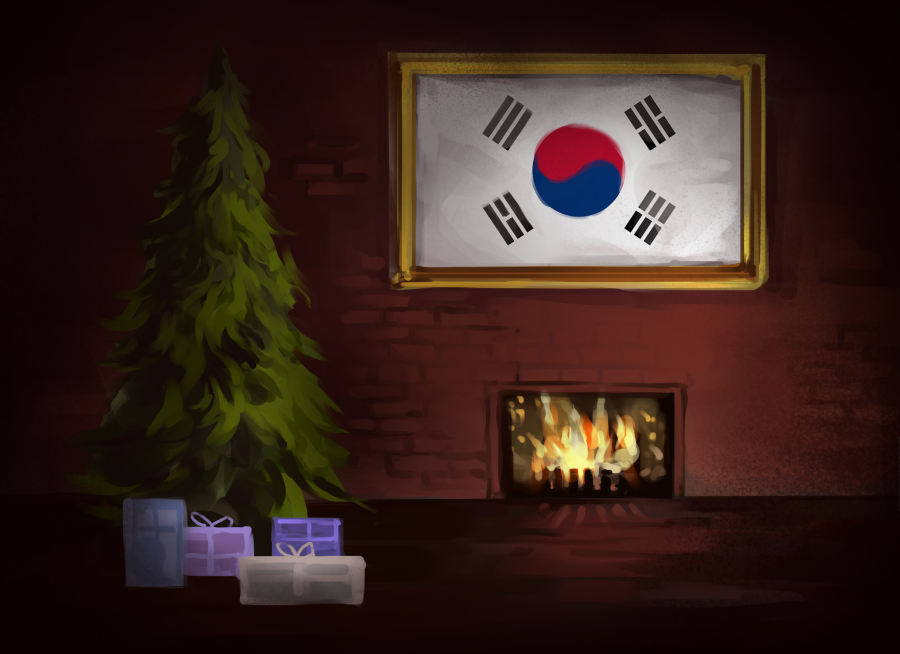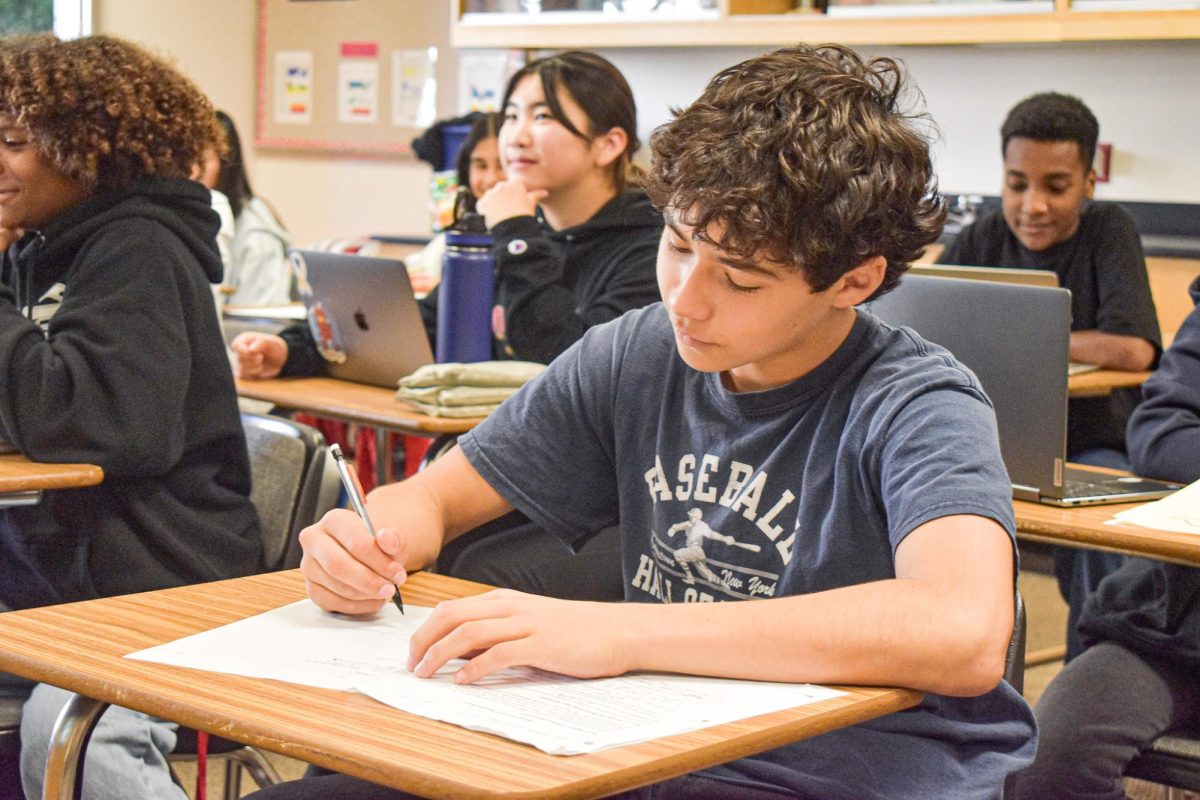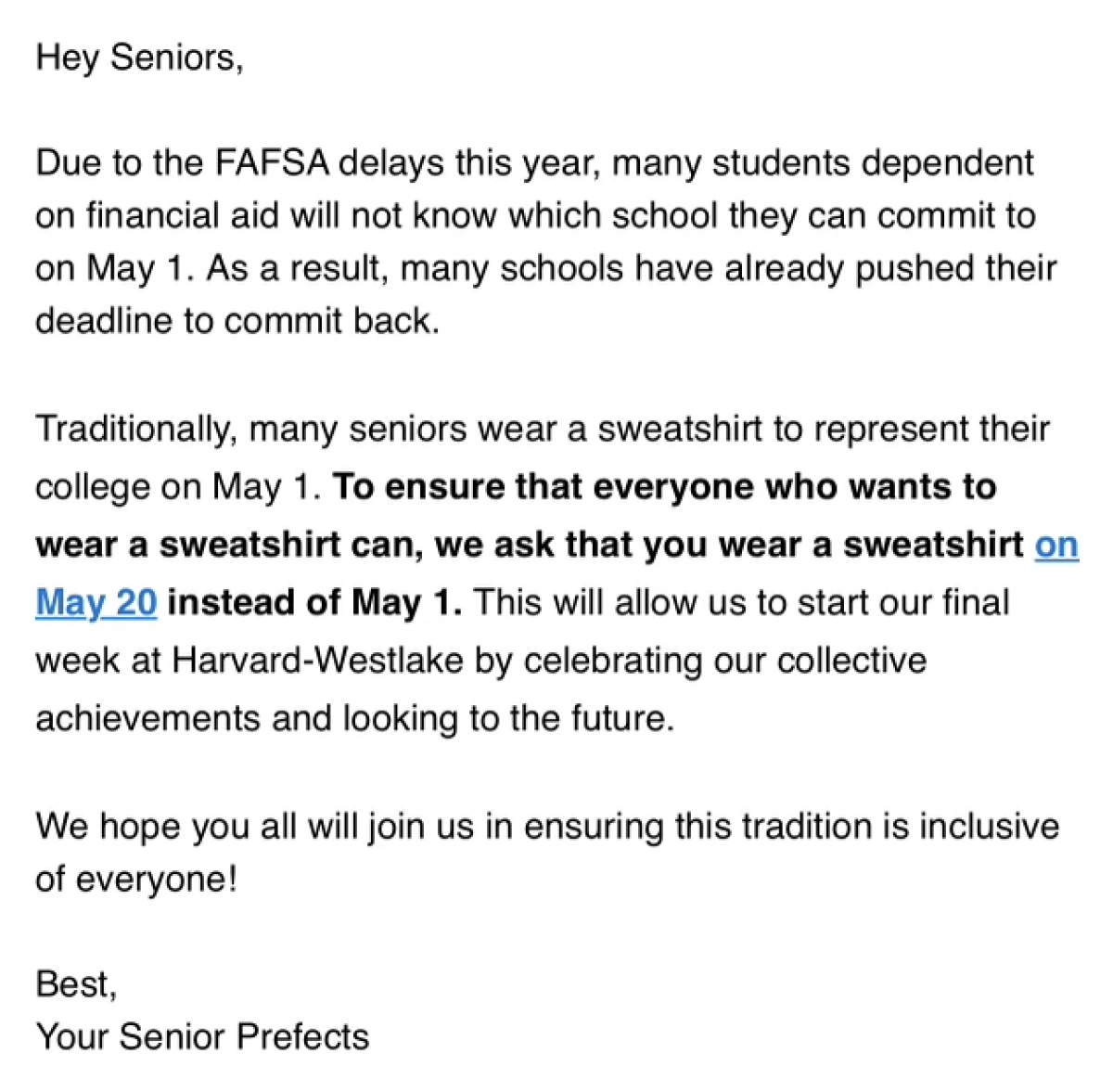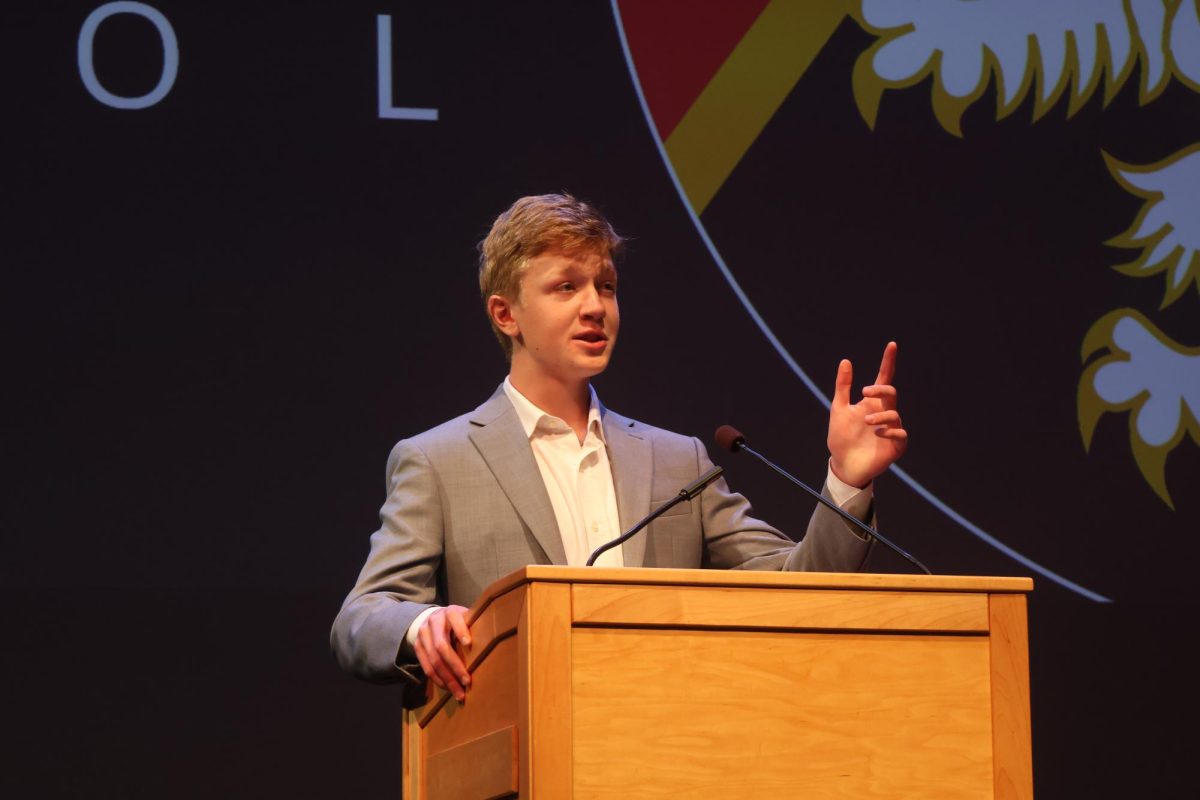Winter break is a time for rest and travel. As I am enjoying my staycation, I will write about my favorite place to travel to while pondering about the culture that comes with it:
I was born in Los Angeles. I am an American.
My parents were born in South Korea. They are Korean.
It takes 12 hours to travel 6000 miles from the Los Angeles International Airport to Incheon Airport.
But to me, the 6000 miles and 12 hours are equivalent to 0 miles and 0 hours.
The culture of Korea is distant, yet so close in my life.
When I come home from school, I am welcomed by the delicious smell of Korean food and the sound of 80’s Korean music that my parents grew up listening to. When I go outside of my room after a few hours of homework, I find myself watching the television with my family in their language, not in English. I must also confess that K-pop takes up 95% of my music playlist and that I spend a lot of my free time watching the latest K-dramas. Even when I walk outside of my house, I am engulfed by the culture of Korea because I live in Koreatown, which is where I have lived my entire life.
When I was little, I was taught that my family came from the cute, tiny rabbit-shaped peninsula on the tip of Asia. However, as I grew older, I realized that Korea is more than a piece of land that is in the shape of a rabbit. I learned that my ancestors suffered under Japanese rule for years. I learned that the rabbit was cut in half along the 38th parallel in 1945. I learned that Korea is a country with a dark history.
However, Korea’s wounds began to gradually heal and amazing results came with its recuperation. Korea is now a prominent country in the entertainment industry, as Psy demonstrated with his 2012 hit, “Gangnam Style”. Korea is now technologically advanced, culturally rich and popular among tourists. The once poor, dilapidated country is now growing, as it heals.
Although Korea’s history has shaped me significantly, the little beliefs and customs that encircle Korea’s culture has influenced me even more.
These beliefs that I adhere to influence my daily life quite literally. My friends think they are nonsense. I think so too, but I still stick to them regardless of what others think of them. Coming from a Korean household, my family values academics, so it only makes sense for the ridiculous superstitions to influence my academics. I don’t eat seaweed soup on days of tests because I believe that all of the information in my head will slip away due to the slipperiness of the seaweed. Alternatively, I buy sticky rice cakes in the morning of big tests because they will help all of the information I studied for stick onto my brain. I avoid the number four because it is a number of death. My friends are correct. These superstitions are nonsense and they take over my life in the most ridiculous way. Then, why do I believe in them? Is it because I was made in Korea?
For some time, I began to feel self-conscious about my identity. I started to ask a lot of questions. I look Korean and act Korean. So am I Korean? But no. I was born in America. So am I American? I was caught in between the countries that are on opposite ends of the globe.
What I was forgetting was that America is a melting pot. There is so much diversity in the country I am living in. From this melting pot, unfortunate events spring up, as well as positive, joyous ones. However, America tends to overcome these struggles and create itself into an even more diverse, unique country.
After realizing this, I was able to confidently identify myself into this society.
Now I am proud to say that I am a Korean-American.






































